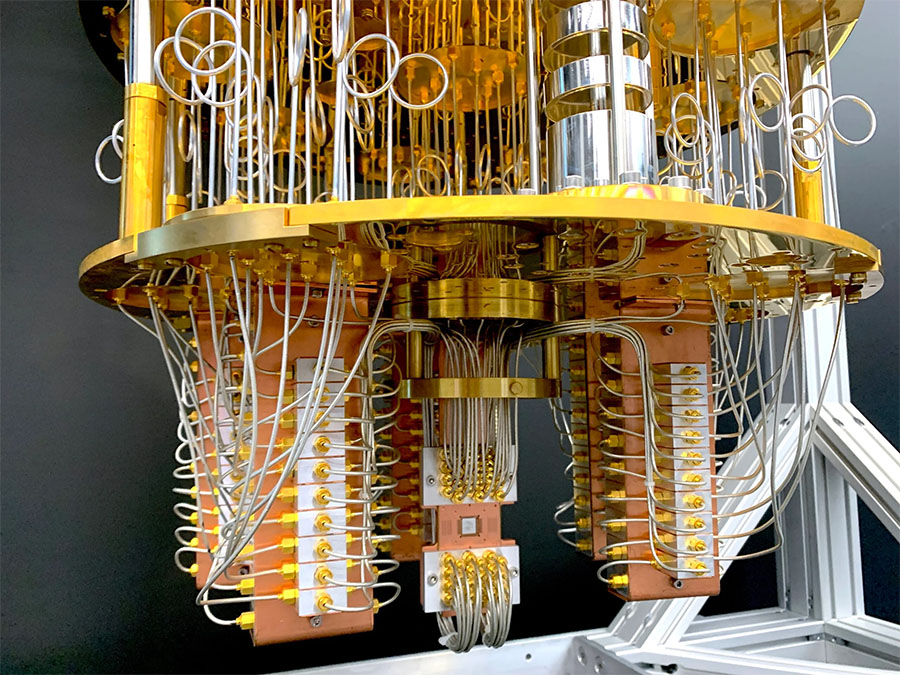
Photo Credit:File Photo
In a stunning breakthrough, researchers at the Quantum Computing Institute have achieved a milestone that could easily reshape the future of technology. Their creation is a fully functional quantum computer capable of solving complex problems at speeds that outdo those of common computers.
The journey to this achievement has been fascinating. Dr. Emily Chen, the lead scientist on the project, recalls late nights in the lab, surrounded by the soft hum of cooling systems and the eerie glow of entangled qubits. “Quantum computing is like dancing with ghosts,” she says. “You can’t predict their next move, but when they align, magic happens.”.
It really is magic how these quantum computers operate on principles that defy the common laws of physics. Instead of binary bits, they use qubits—tiny particles that can exist in multiple states simultaneously. Imagine a coin spinning in midair, showing both heads and tails at once. That’s a qubit.
But harnessing these elusive qubits is not an easy task. They’re delicate, prone to decoherence, and demand temperatures colder than interstellar space. However, Dr. Chen’s team developed innovative error-correction techniques, coaxing qubits into coherence long enough to perform meaningful computations.
They were able to succeed during a late-night experiment. The quantum computer, named “Aurora,” cracked a cryptographic puzzle that would have taken classical computers centuries. It was a moment of triumph—the equivalent of achieving the unachievable.
It didn't take long for companies like Google, IBM, and Microsoft to catch up with this great achievement that would change technology forever. Quantum supremacy—the point where quantum computers outperform classical ones—was within reach. This raised a lot of questions in these giant financial markets. Would quantum algorithms revolutionize stock trading? Could they simulate molecular interactions for drug discovery?
Despite such an achievement, the challenge still remains that Aurora’s power is still limited. She is delicate and prone to tantrums when exposed to external disturbances. And the energy bill? Astronomical. But Dr. Chen remains optimistic. “We’re pioneers,” she says. “We’re writing the first chapters of a quantum saga.”
As news of Aurora’s success spread, a new era dawned. Governments came together and started investing in quantum research, envisioning secure communication, climate modeling, and optimization on an unprecedented scale. The world held its breath, waiting for the next breakthrough.
And so, in the quiet corridors of the Quantum Computing Institute, scientists continue their dance with the quantum realm. They’re not just building machines; they’re unraveling the cosmic code—one qubit at a time. With the aim of taking technology to another level. Another realm.
As Dr. Chen gazes at Aurora’s blinking lights, she whispers, “We’re not just solving problems; we’re rewriting the laws of reality.” And the universe listens, curious and amused by what it will be like in the coming centuries now that the internet connection is already at 5G and that we’ll have entered the quantum leap.
Mannu mwendwa
















